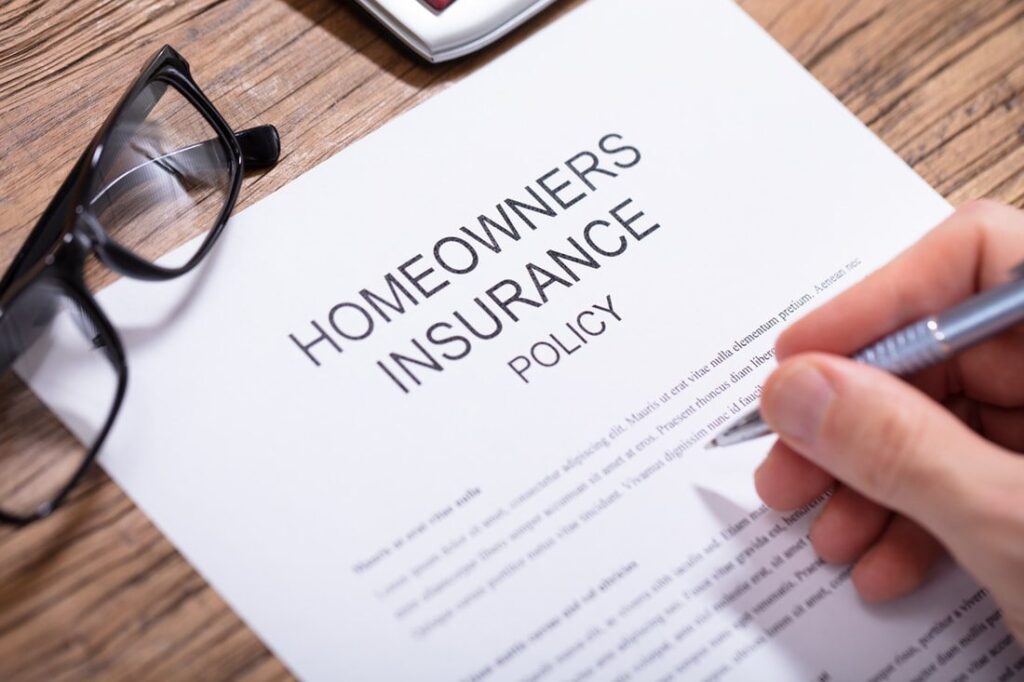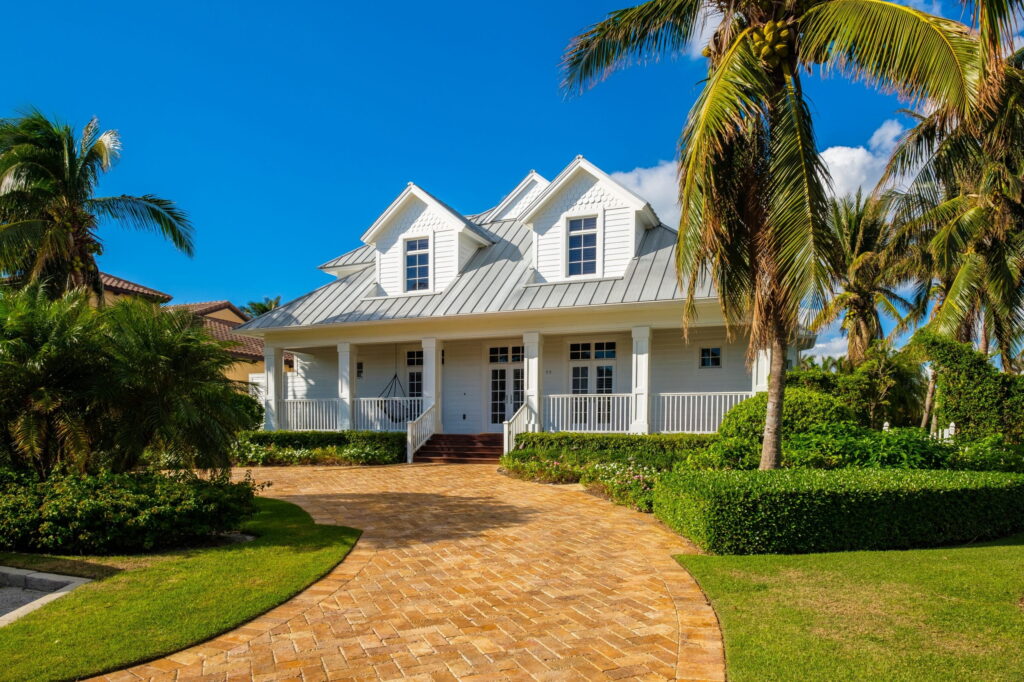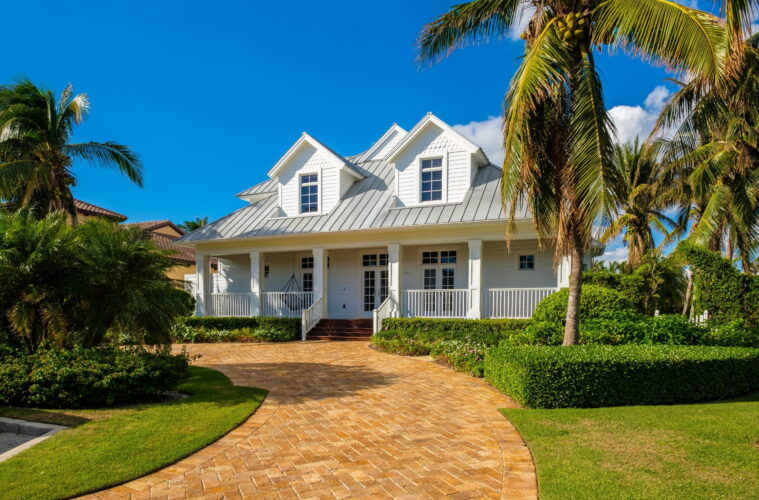What next if your application for home insurance is rejected? If you want to know why the insurance company won’t cover you or your property, look at the list of potential denial reasons. You can rectify the problem that led to your rejection. However, other problems may be challenging, if not impossible, to address. If you’ve been denied best homeowner insurance but would prefer not to go without it, consider the following options:
Seek Coverage from Different Providers

source: fciains.com
You could start by looking at various insurance providers for a home owner’s coverage. When needing new insurance coverage, it is recommended that you look into your options from multiple providers. A broker can assist you in comparing insurance policies offered by several firms.
If one insurance provider denied you coverage, you should expect to have the same difficulty with most providers. Some insurance providers, however, may have more lenient requirements, and some may even have policies designed specifically for people with higher-than-average risks.
Have a Conversation with Your Neighbors
Talking to your neighbors about how they were able to secure homeowners insurance despite your home’s location may be a good idea. They can provide you with helpful advice since they, too, have had to deal with the effects of crime and bad weather in their neighborhoods.
Get in touch with the insurers they currently work with to see if you can join their insurance plan. Your real estate agent can research the insurance company the current owners utilized.
Investigate Options for Surplus Line Coverage

source: content.sbigeneral.in
In most cases, buying insurance from a company is contingent on the company having obtained a license to do business in your state. Contrarily, surplus lines insurers are not subject to these restrictions. That doesn’t mean these businesses lack proper authorization, though.
Companies outside your state’s regulatory jurisdiction can charge more for less protection because they are not required to comply with its rules. It’s not a good choice because of how much it’ll set you back.
Talk to a Private Insurance Broker
An independent insurance agent can be very beneficial if you want to learn more about why you’re having problems becoming insured and the steps you can take to fix the problem.
These agents are well-versed in the various aspects affecting a customer’s ability to obtain homeowners insurance and can be a valuable resource. Also, these agents often deal with numerous insurance companies, so they can swiftly assess your possibilities and maybe recommend a carrier that will insure you.
Get in touch with the Insurance Division of your State.

source: haughn.com
The insurance division of your state government is another excellent resource. They should be able to advise you on which insurance companies in your area are suitable for high-risk clients. The Missouri Department of Insurance is the place to go if you live in Missouri. Find out if your state is a part of the Fair Access to Insurance Requirements Plan and get referrals to insurance providers. True, Missouri is a member of your homeowner insurance Plan.
Does The Lack Of A Homeowners Insurance Policy Constitute A Crime?
No, it is not required by law not to have home insurance. A precious asset like a home without insurance is a huge financial gamble. It would help if you also had home insurance before applying for a mortgage. Many mortgage companies insist on homeowners insurance as a means of financial defense themselves.
Your lender will need proof that their collateral will be safe from disasters like tornadoes, hurricanes, and fires. Damage to your home can result in significant financial losses for you and your lender if you do not have homeowners insurance. Even if you buy a condo or a co-op, the board of directors may require you to have homeowners insurance.
If you get paid off your mortgage and your lender is no longer insisting that you maintain insurance coverage, you might be tempted to stop paying for it altogether. However, a homeowner’s insurance policy can help you safeguard your most prized possession and shield you from financial state destruction in the case of a lawsuit over property damage or personal injury.
A house is a haven and a significant financial and time commitment. Whether you are still making mortgage payments or have already paid off your home, it is essential to protect your financial security during a disaster.
Preserving Your Present Health Insurance Coverage

source: homeinsurancealternatives.com
The insurance company often has the right to revoke coverage within 60 days after policy purchase. After that, they have to have a good reason to cancel your policy before it expires. However, your insurer has the right not to renew your insurance when it is time to do so, usually after the first year has passed. If your insurance provider abandons you, they should give you at least a couple of months’ notice. If not, you should contact the insurance regulator in your state.
Keeping your homeowner’s insurance policy is especially important in the first few months after purchase and when it’s time to renew. Insurance companies may employ various criteria to decide whether or not to renew a policy. Paying your premium on time and avoiding excessive claims are the two most essential factors in maintaining coverage and keeping you employed.
When you submit multiple claims, it shows that you are a high-risk customer, and it also raises your deductible. So, don’t claim unless you have to. Instead of submitting a claim with your insurance carrier for a bit of repair that you can afford on your own, you should probably take care of it. If the cost of repairs is close to or equal to your deductible, you should probably forego having the insurance company pay for them.
Homeowners who cannot obtain insurance on the voluntary market due to their location, especially in high-risk locations, may be eligible for FAIR Plans as a last alternative. While FAIR Plans are typically the final option due to their high cost and low coverage levels, they can assist you in satisfying the insurance criteria set forth by your mortgage lender.



